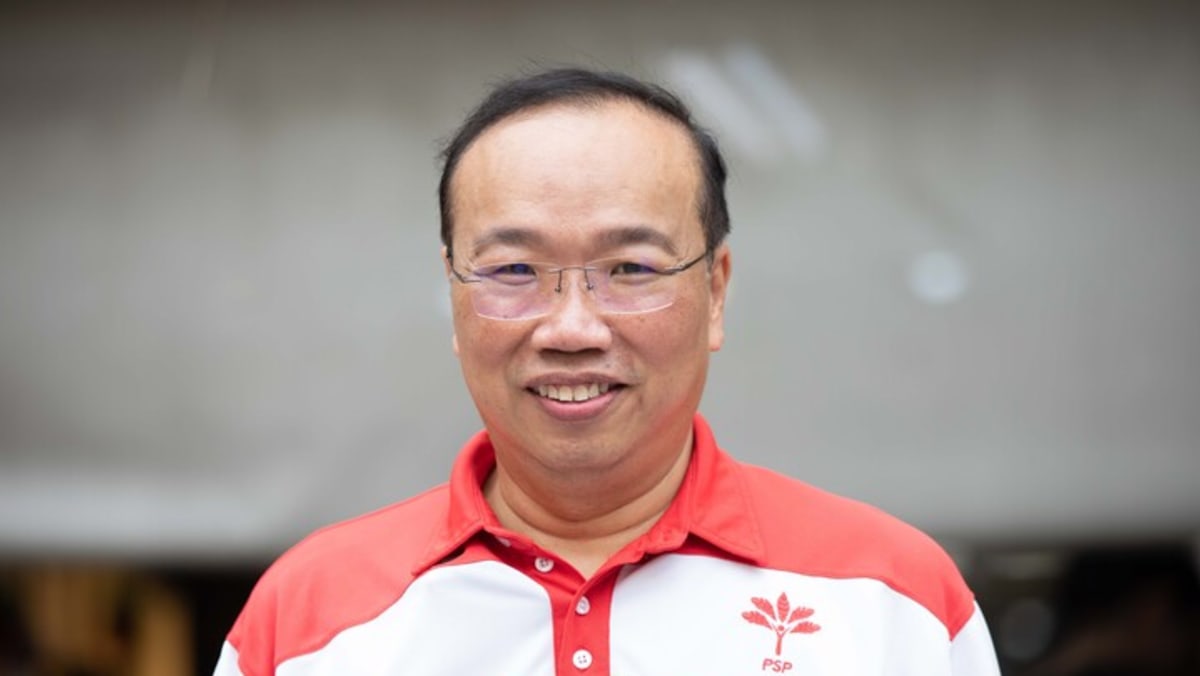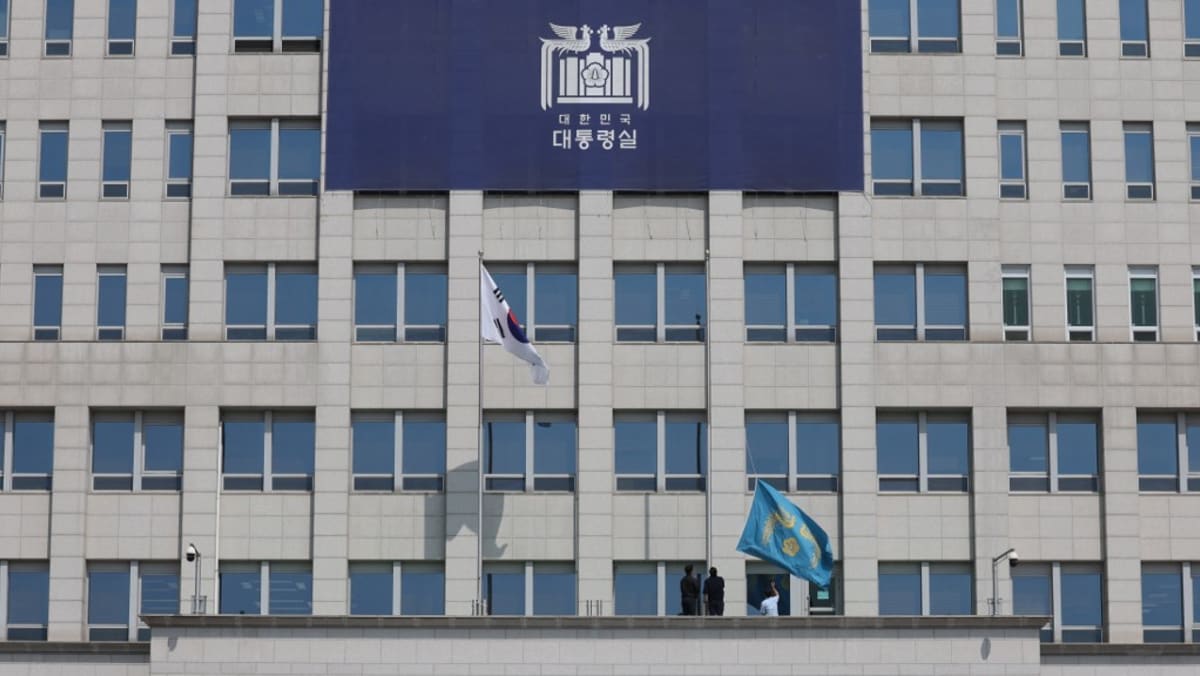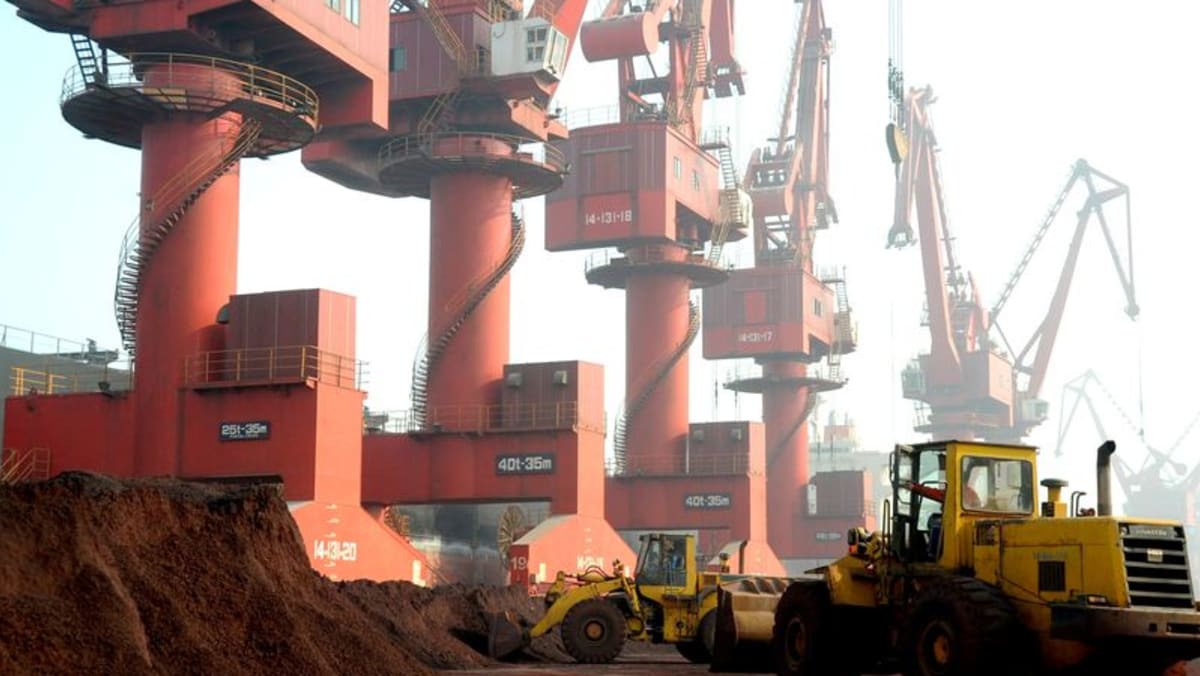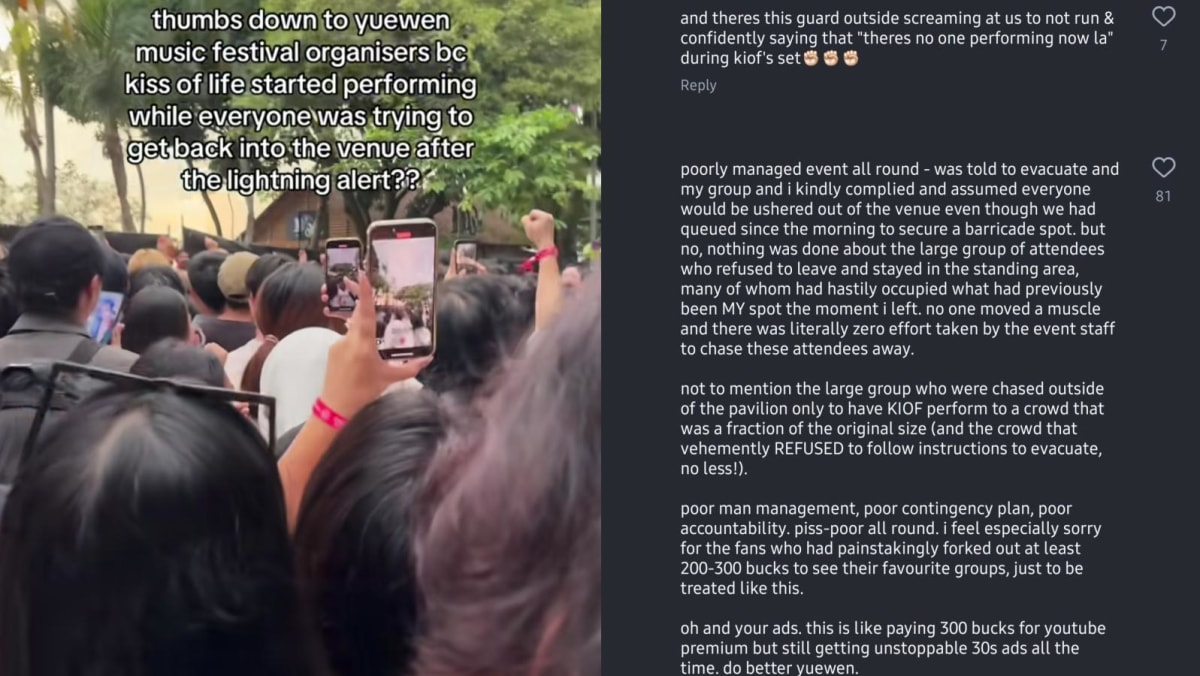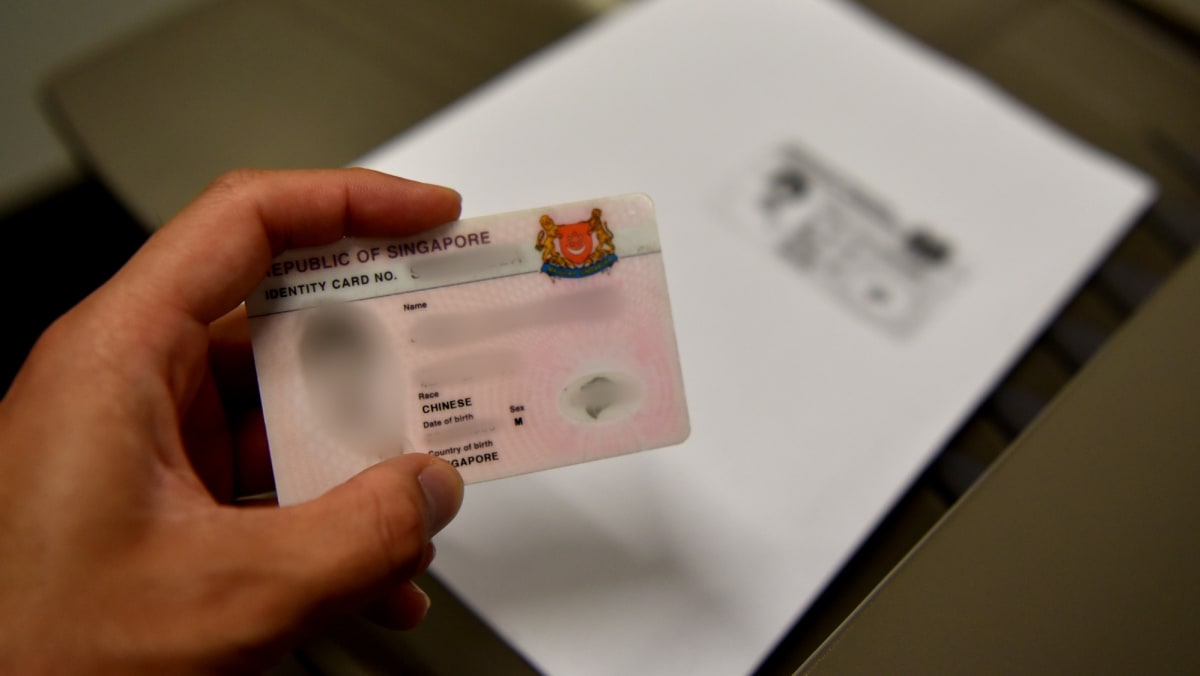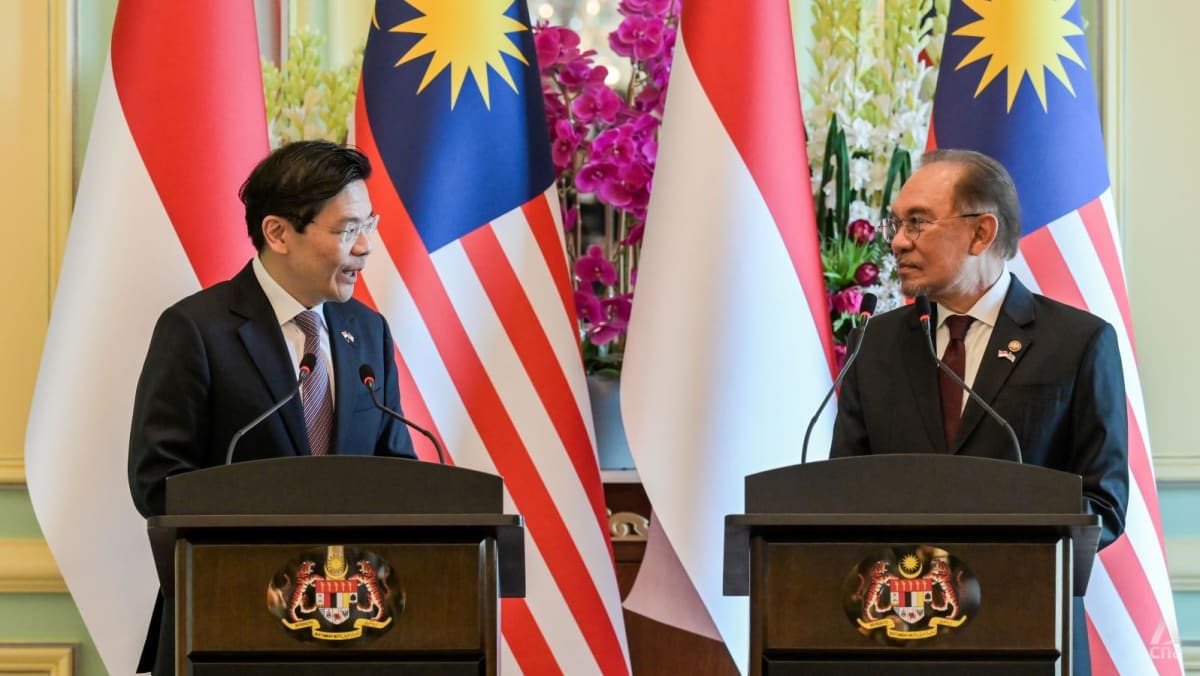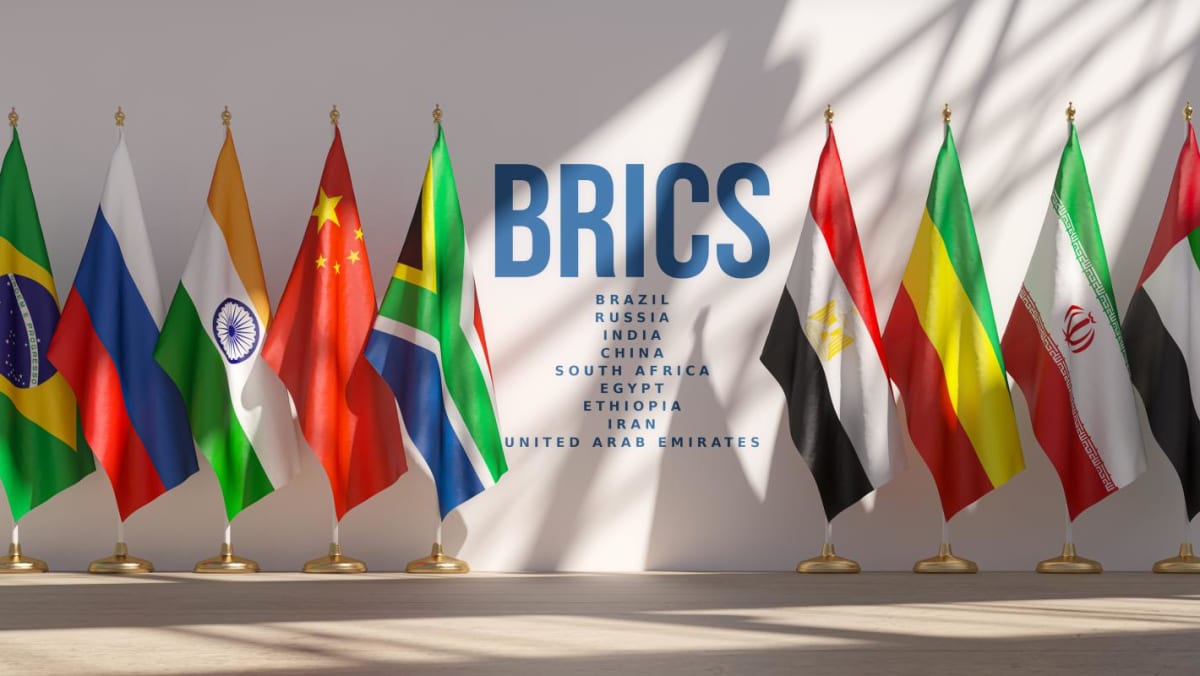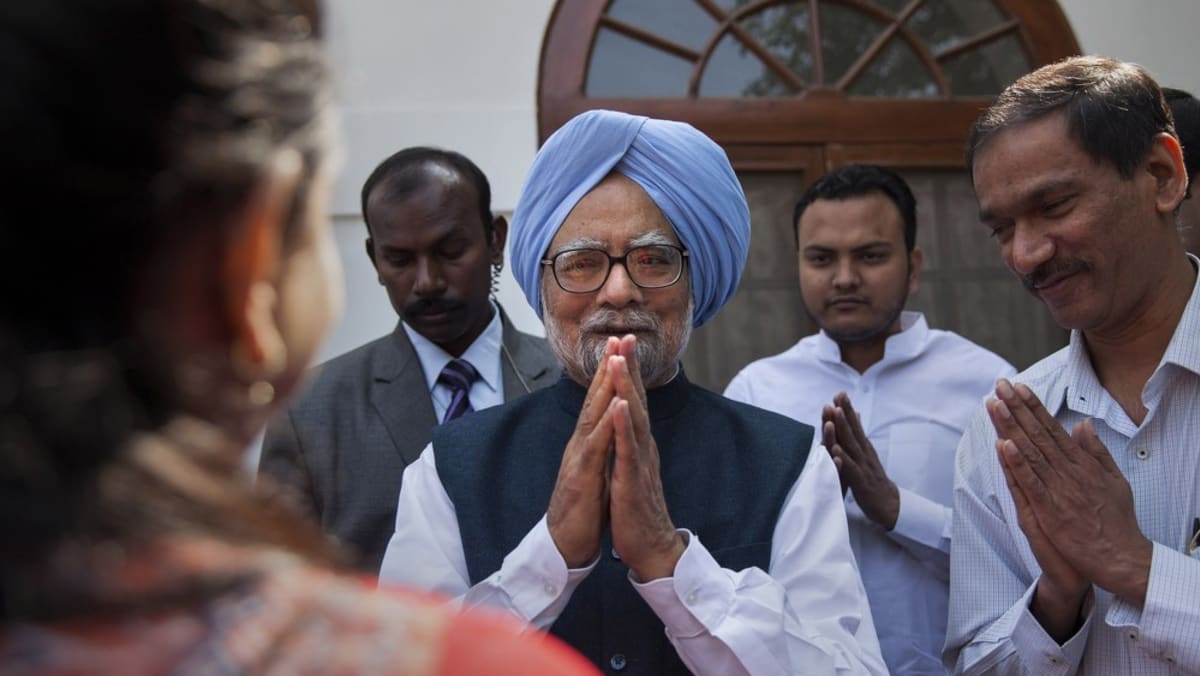Chinese startup DeepSeek has roiled global stock markets with the launch of its latest artificial intelligence models.
The company says they are on par with or better than industry-leading models in the US at a fraction of the cost which has led to steep declines for AI chip maker Nvidia’s shares and others.
US President Donald Trump has called the low-cost Chinese AI model a "wake-up call" for US firms.
DeepSeek's AI assistant became the No 1 downloaded free app on Apple's iPhone store on Monday (Jan 27), propelled by curiosity about the ChatGPT competitor.
Here’s what we know about the company and its product development.
Why is DeepSeek causing a stir?
Since the release of OpenAI's ChatGPT in late 2022, Chinese tech firms have been scrambling to create their own chatbots powered by artificial intelligence.
DeepSeek says two of its models have been showered with praise by Silicon Valley executives and US tech company engineers, and are on par with OpenAI and Meta's most advanced models.
It also says one of them is 20 to 50 times cheaper to use than an OpenAI model depending on the task.
Part of what's worrying some US tech industry observers is the idea that the Chinese startup has caught up with the American companies at the forefront of generative AI at a fraction of the cost.
That, if true, calls into question the huge amounts of money US tech companies say they plan to spend on the data centres and computer chips needed to power further AI advancements.
"The models they built are fantastic, but they aren't miracles either," said Bernstein analyst Stacy Rasgon, who follows the semiconductor industry and was one of several stock analysts describing Wall Street's reaction as overblown.
“They’re not using any innovations that are unknown or secret or anything like that," Rasgon said. "These are things that everybody’s experimenting with.”
One technology CEO told CNBC he thinks DeepSeek is using Nvidia chips which are banned from being sold to Chinese companies. DeepSeek did not immediately respond to a request for comment on the allegation.
Who is behind DeepSeek?
The company is a Hangzhou-based startup whose controlling shareholder is Liang Wenfeng, co-founder of quantitative hedge fund High-Flyer, based on Chinese corporate records.
Founded in 2023, DeepSeek released its first AI large language model later that year.
DeepSeek began attracting more attention in the AI industry last month when it released a new AI model that it boasted was on par with similar models from US companies such as ChatGPT maker OpenAI, and was more cost-effective in its use of expensive Nvidia chips to train the system on huge troves of data.
The chatbot became more widely accessible when it appeared on Apple and Google app stores early this year.
But it was a follow-up research paper published last week - on the same day as US President Donald Trump's inauguration - that set in motion the panic that followed.
That paper was about another DeepSeek AI model called R1 that showed advanced “reasoning” skills - such as the ability to rethink its approach to a math problem - and was significantly cheaper than a similar model sold by OpenAI called o1.
“What their economics look like, I have no idea,” Rasgon said. “But I think the price points freaked people out.”
It is unclear how much High-Flyer has invested in DeepSeek.
The two companies have offices in the same building and High-Flyer owns patents related to chip clusters used to train AI models, according to Chinese corporate records.
How does Beijing view DeepSeek?
DeepSeek's success has already been noticed in China's top political circles.
Last week on the day DeepSeek released a new product to the public, company founder Liang attended a closed-door symposium hosted by Chinese premier Li Qiang, according to state news agency Xinhua.
Liang's presence at the gathering is potentially a sign that DeepSeek's success could be important to Beijing's policy goal of overcoming Washington's export controls and achieving self-sufficiency in strategic industries like AI.
The "Sputnik" backdrop?
Behind the drama over DeepSeek's technical capabilities is a debate within the US over how best to compete with China on AI.
“DeepSeek R1 is AI’s Sputnik moment,” said venture capitalist Marc Andreessen in a Sunday post on social platform X, referencing the 1957 satellite launch that set off a Cold War space exploration race between the Soviet Union and the US.
Andreessen, who has advised Trump on tech policy, has warned that over regulation of the AI industry by the US government will hinder American companies and enable China to get ahead.
But the attention on DeepSeek also threatens to undermine a key strategy of US foreign policy in recent years to restrict the sale of American-designed AI semiconductors to China. Some experts on US-China relations don't think that is an accident.
“The technology innovation is real, but the timing of the release is political in nature,” said Gregory Allen, director of the Wadhwani AI Center at the Center for Strategic and International Studies. Allen compared DeepSeek's announcement last week to US-sanctioned Chinese company Huawei's release of a new phone during diplomatic discussions over Biden administration export controls in 2023.
“Trying to show that the export controls are futile or counterproductive is a really important goal of Chinese foreign policy right now,” Allen said.
Trump signed an order on his first day in office last week that said his administration would “identify and eliminate loopholes in existing export controls”, signalling that he is likely to continue and harden Biden's approach.






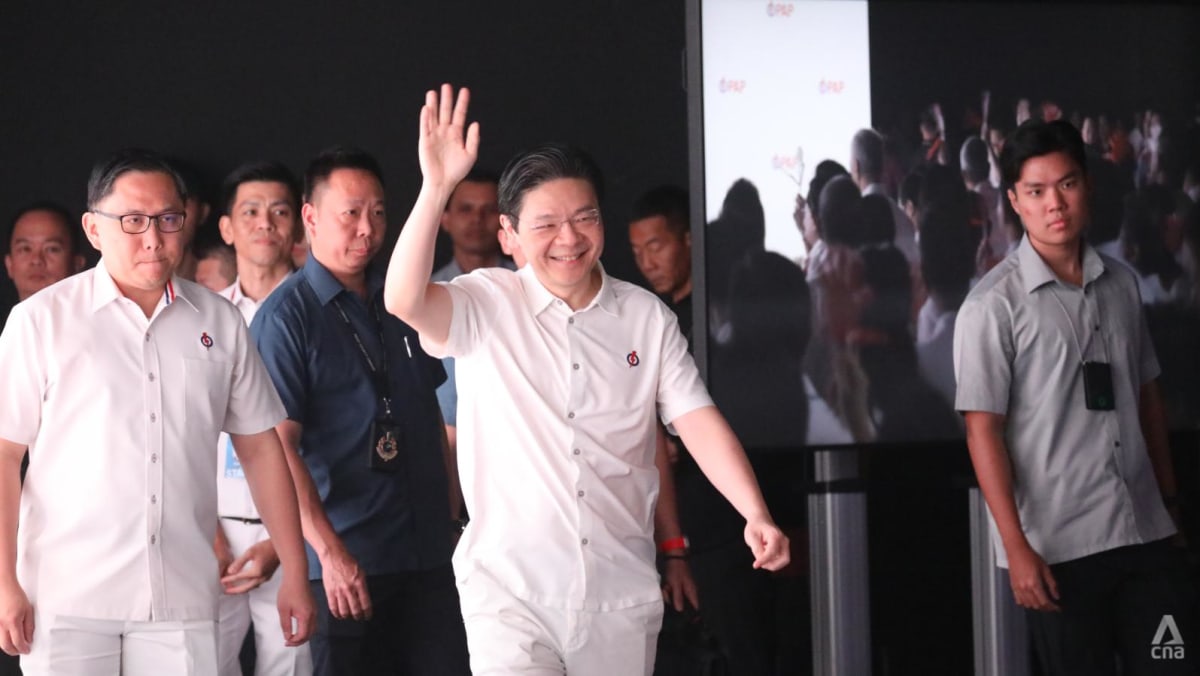
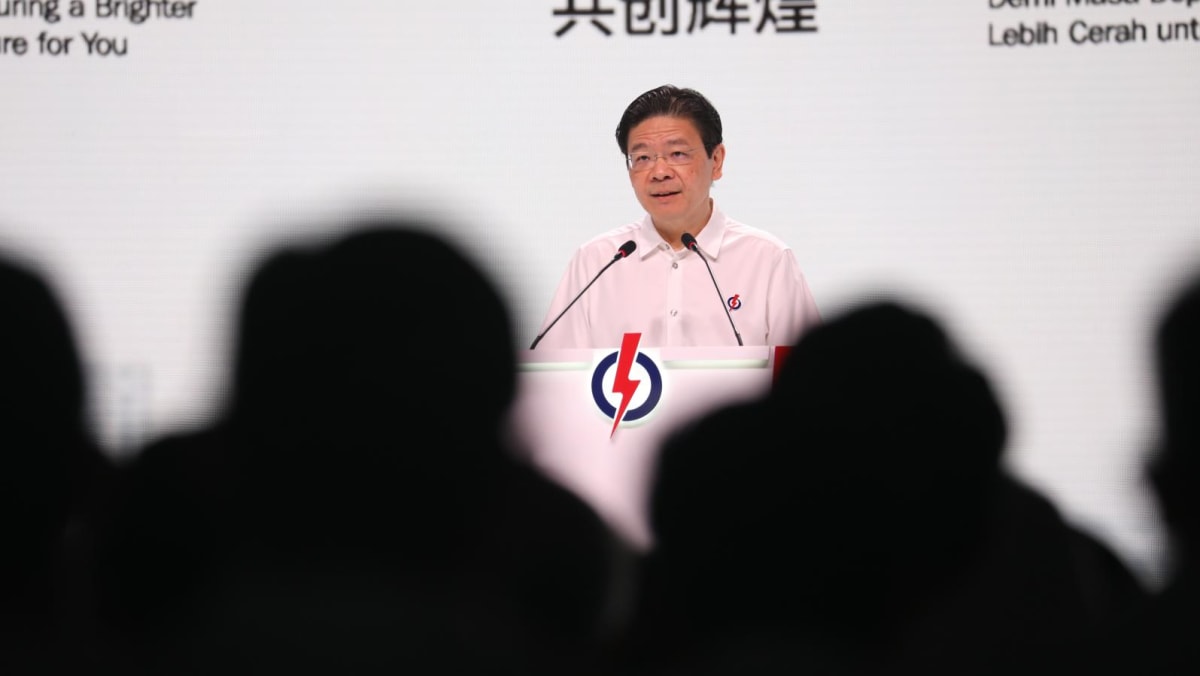

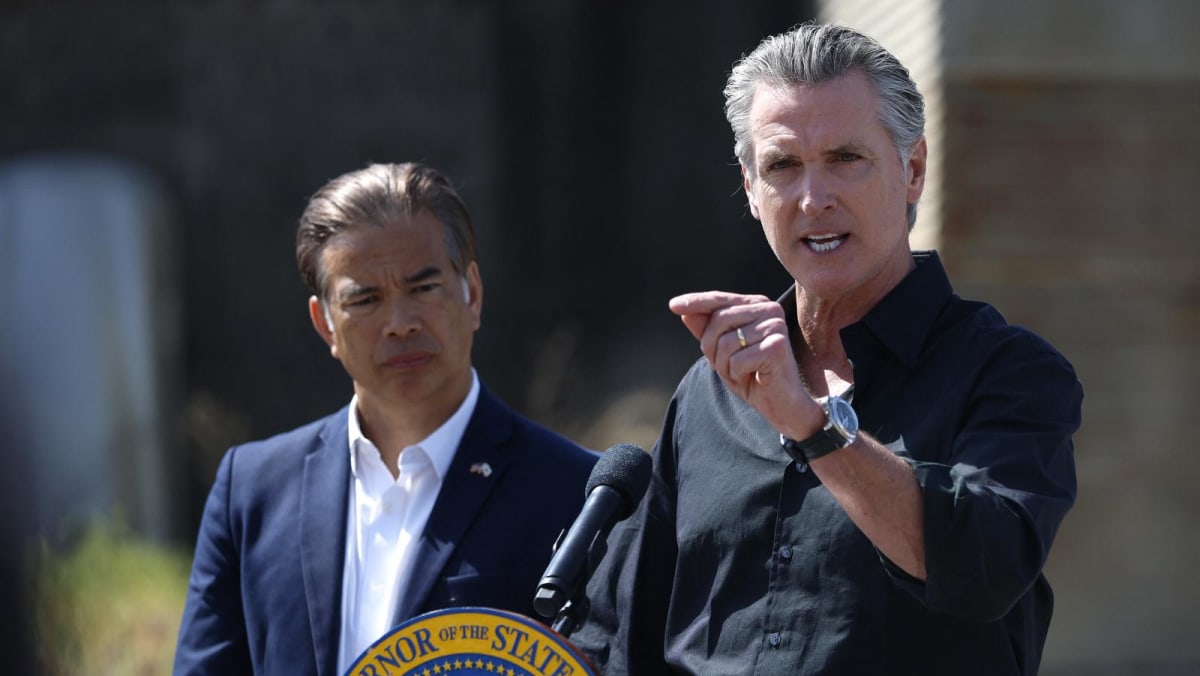
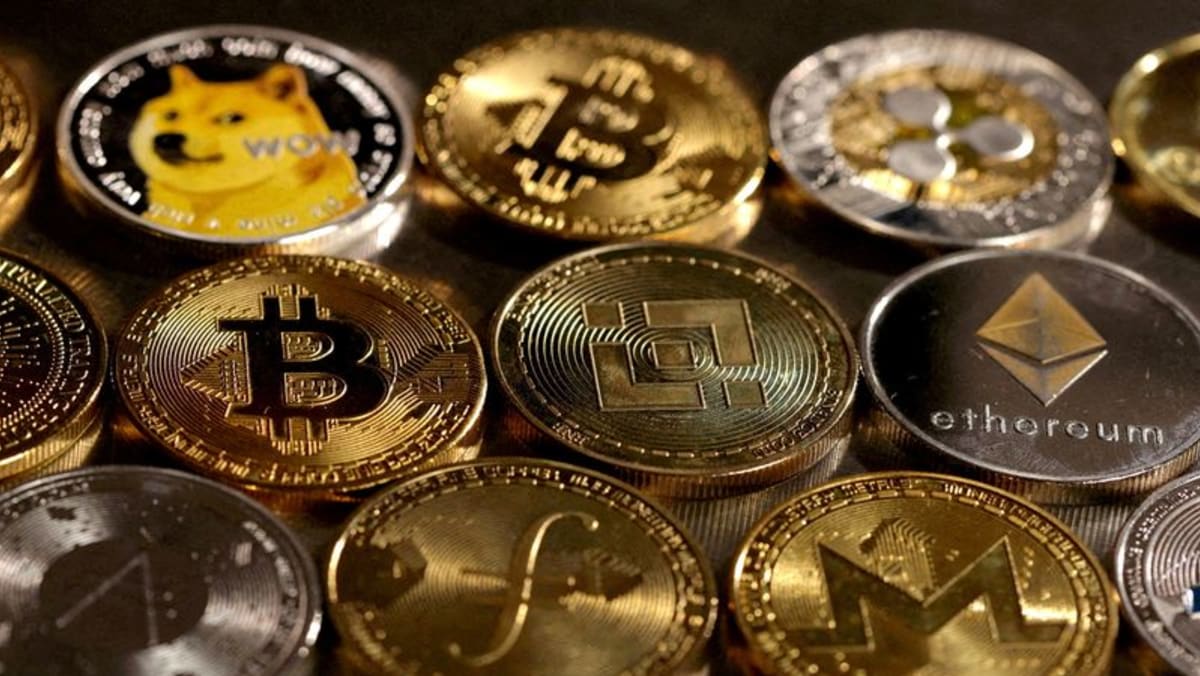



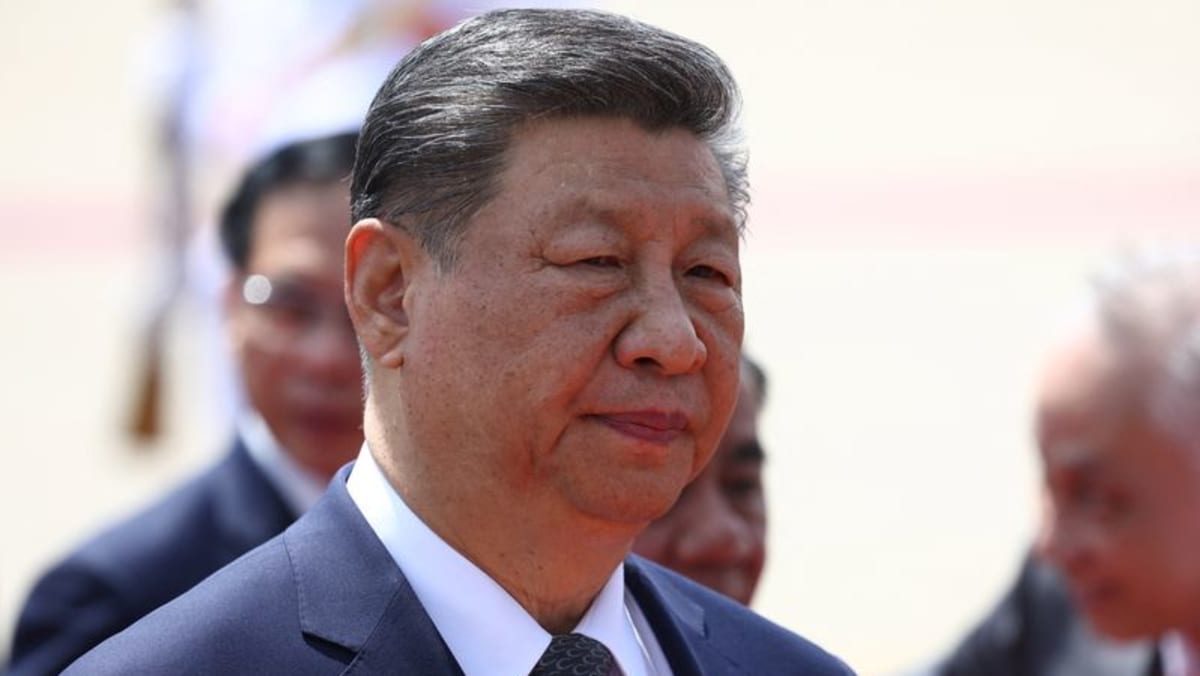
.png?itok=erLSagvf)
